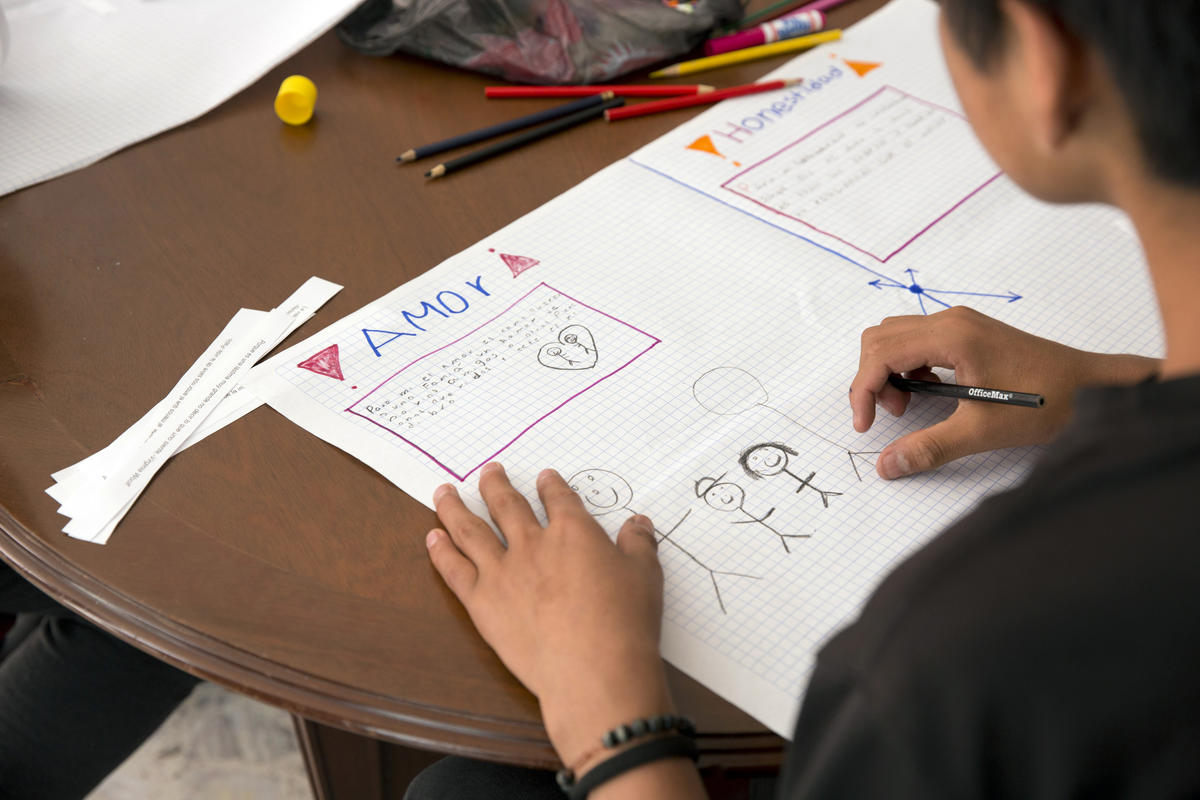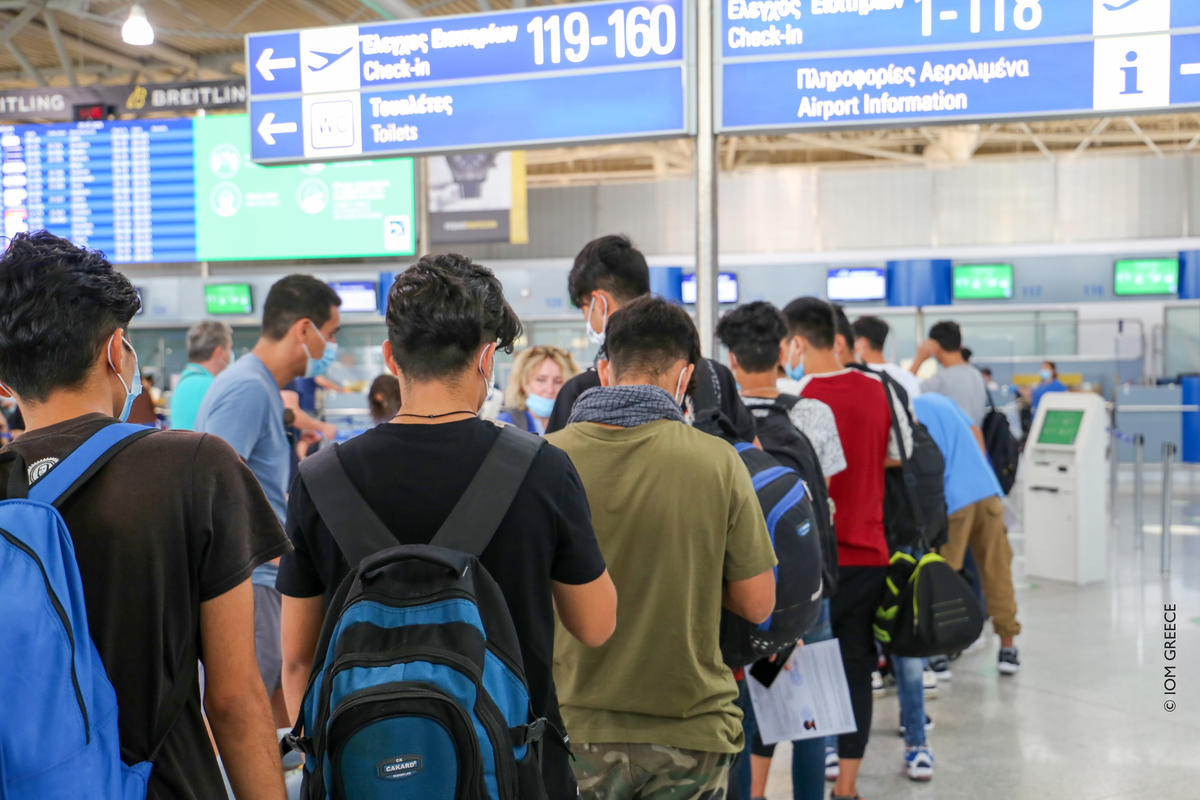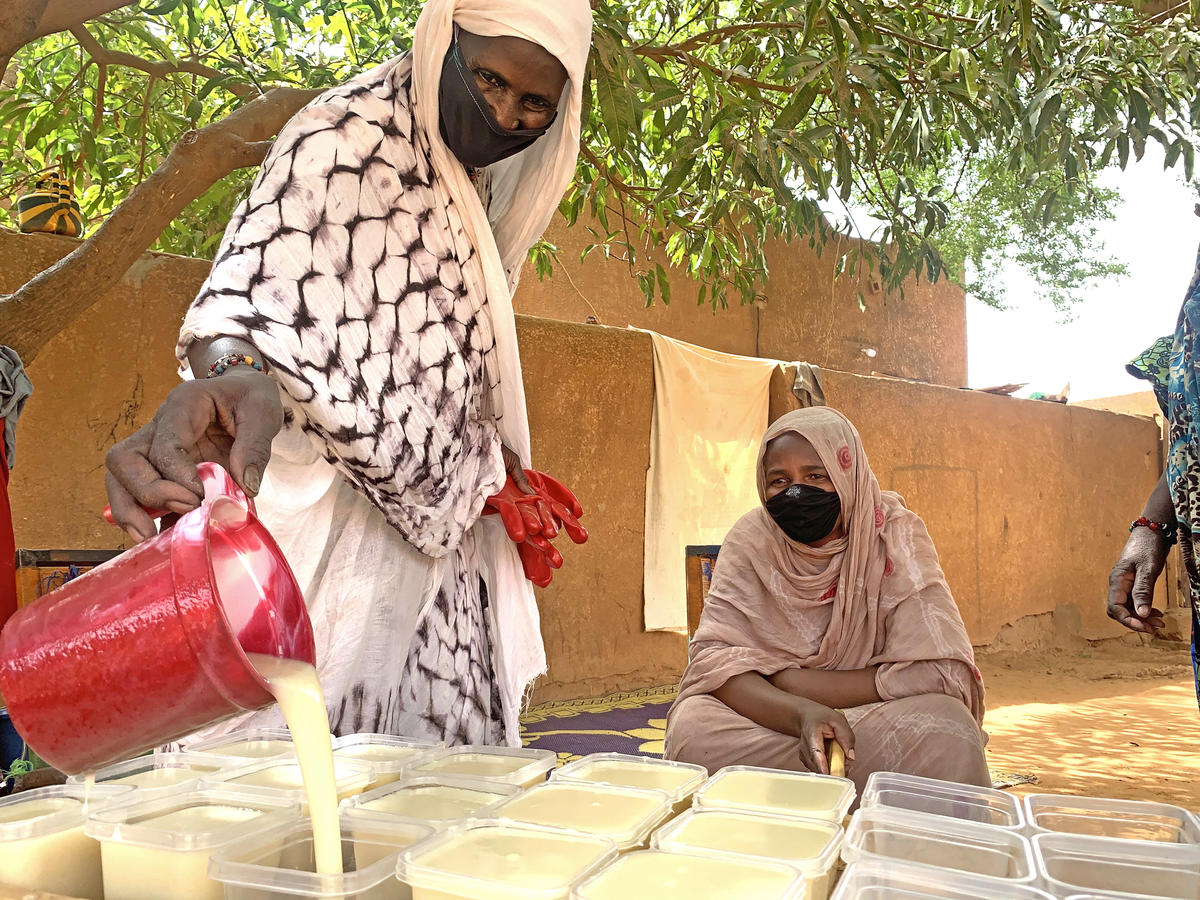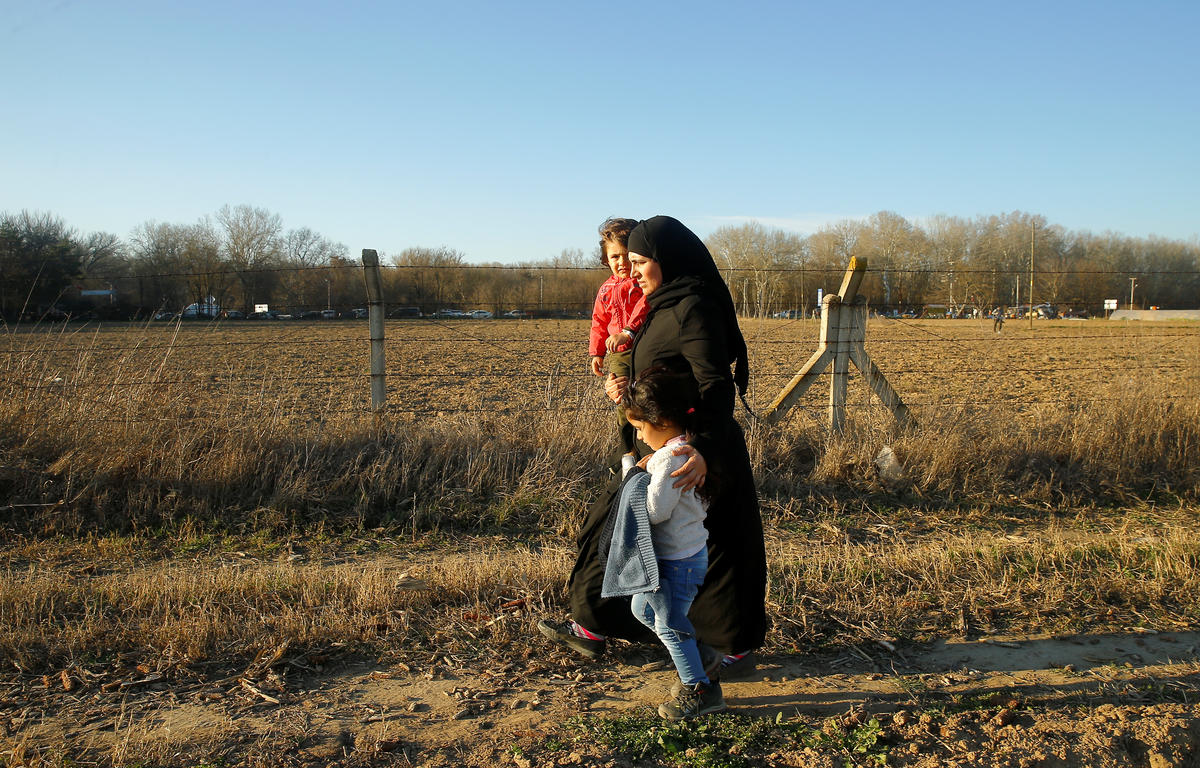Number of boat people arrivals in Yemen doubles
Number of boat people arrivals in Yemen doubles

GENEVA, May 6 (UNHCR) - The UN refugee agency said in Geneva on Tuesday that the number of people arriving on the coast of Yemen after being smuggled across the treacherous Gulf of Aden from the Horn of Africa has more than doubled this year.
As of April 20, more than 15,300 people had been reported arriving in Aden on 324 boats and 361 people were reported killed or missing during the hazardous voyage. During the same period last year, 7,166 people had arrived in Yemen on 60 boats, and about the same number had perished.
"The surge in arrivals was largely due to the continuing conflict in Somalia and the use of new smuggling routes from Somalia to Yemen and across the Red Sea from Djibouti," UNHCR spokeswoman, Jennifer Pagonis, told journalists in Geneva on Tuesday. "Many of the new arrivals also tell of crop losses due to drought, which forced them to leave home," she added.
People travelling on small, fast boats have to pay smugglers an average of US$130-US$150 each, while those sailing on larger, slower vessels pay between US$50 and US$70.
"Records kept by UNHCR staff indicate a reduced number of deaths at sea in relation to the number of vessels making the voyage. Some new arrivals mentioned having received water and food during the crossing. The boats also seem less crowded than in previous years," Pagonis said.
UNHCR has been calling for increased action to save lives in the Gulf of Aden and other waters. It has stepped up its work in Yemen under a US$17 million operation that includes extra staff, provision of additional shelter and assistance, and protection for refugees and internally displaced people.
The refugee agency has also boosted its protection capacity and reception facilities along the coast and held training programmes for coast guards and other officials. An additional reception centre was also opened.
UNHCR works closely with the local agency, Society for Humanitarian Services, and international aid organizations such as Médecins Sans Frontières (MSF).









